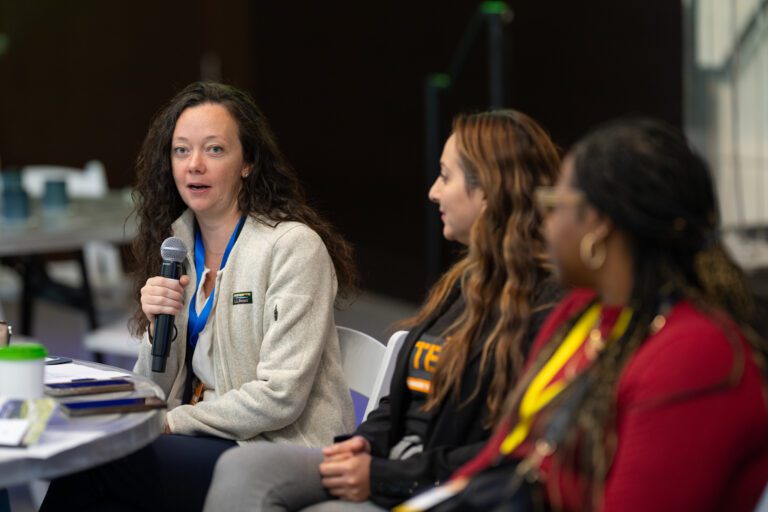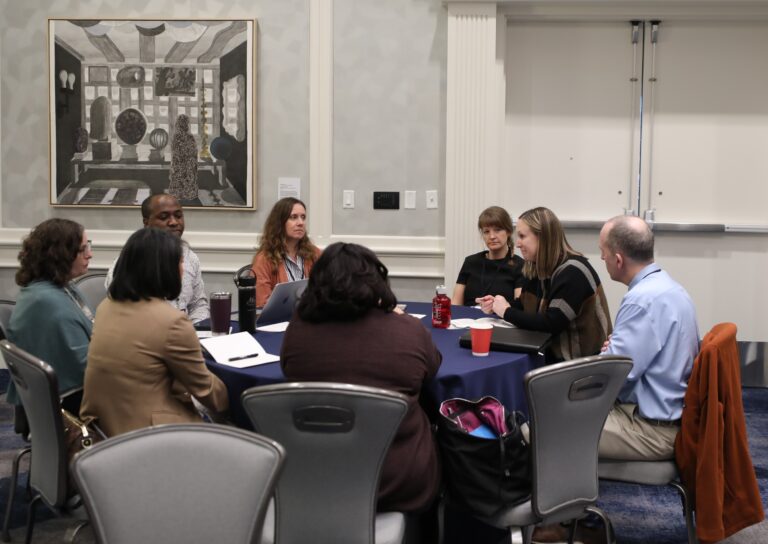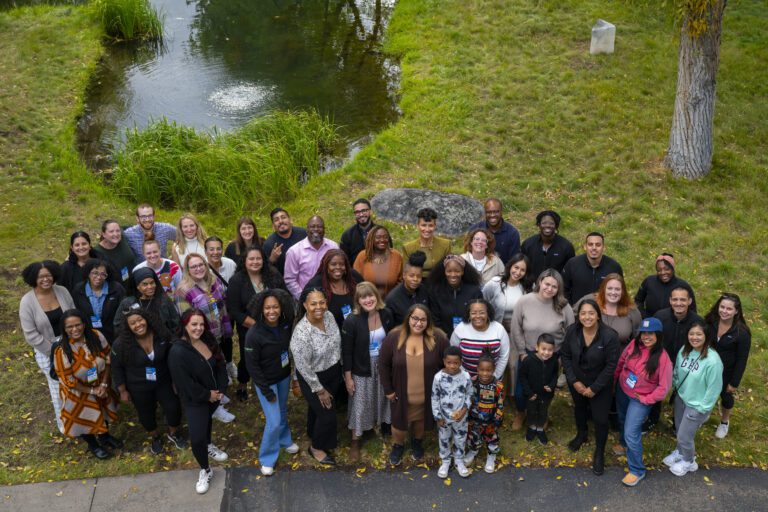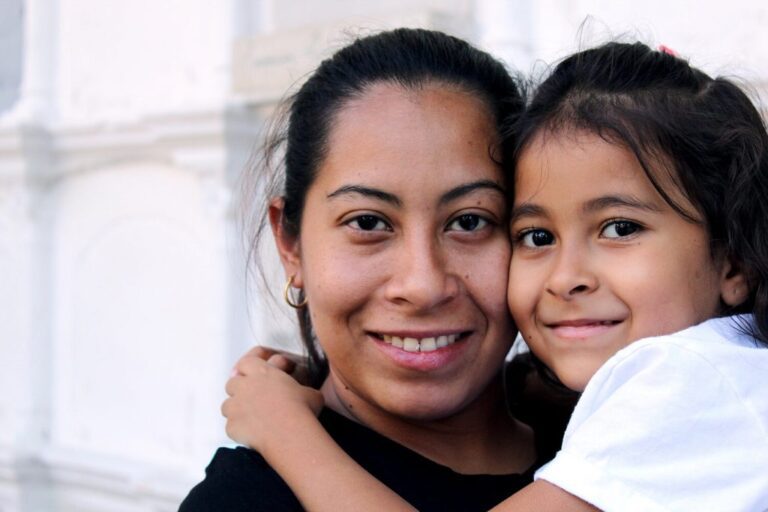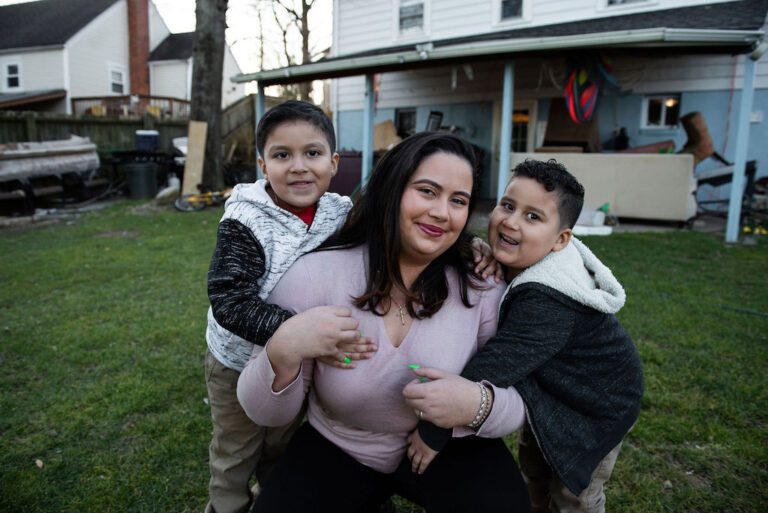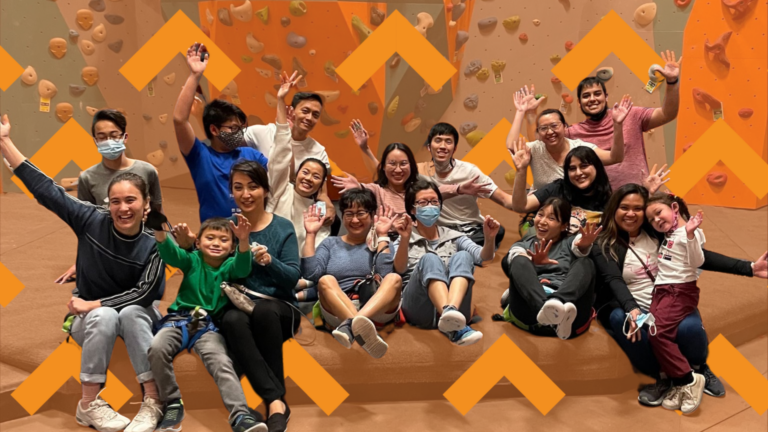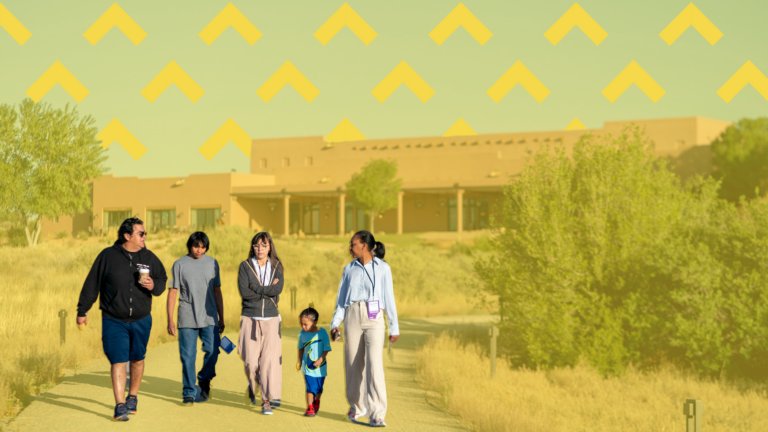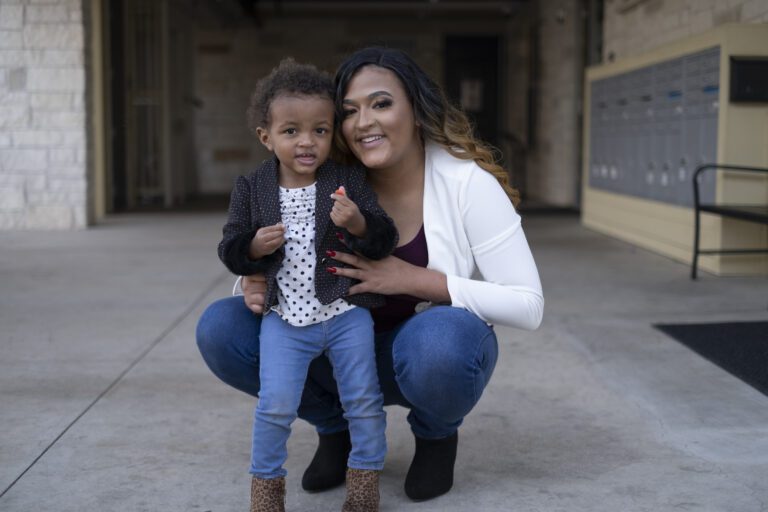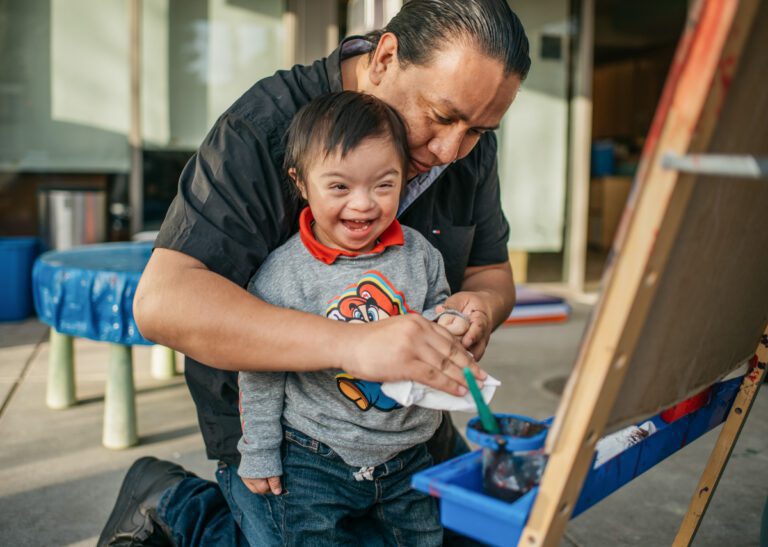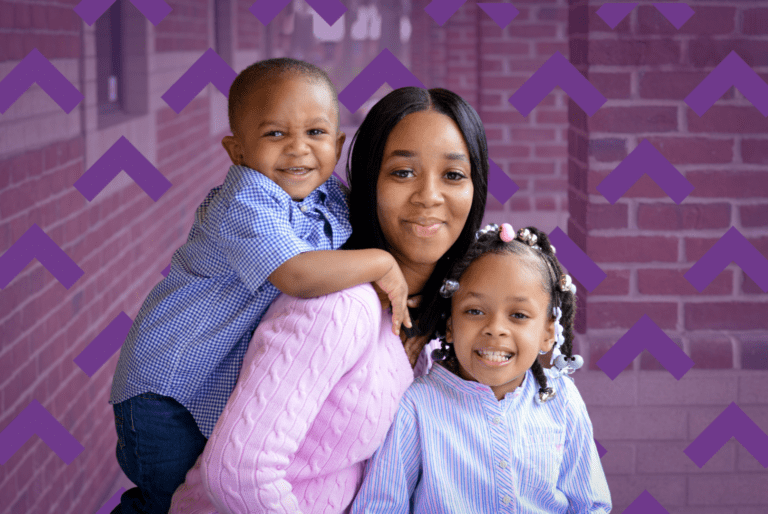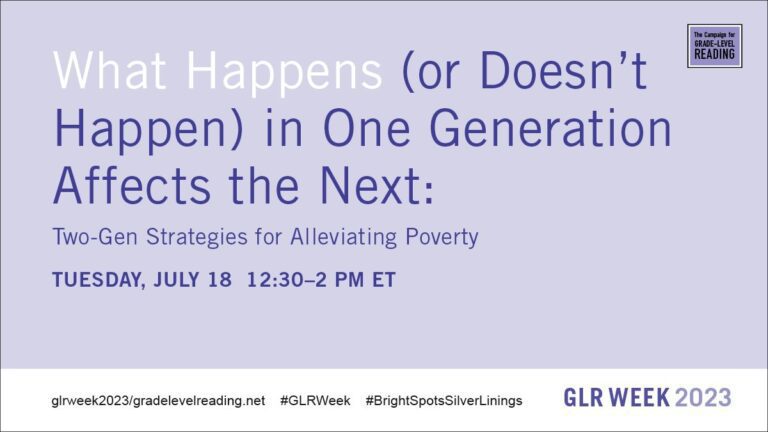Seizing a Bi-Partisan Opportunity: Two-Generation Solutions for Family Prosperity
The well-being of our children and families is the strongest signal of the state of our country. Today with the introduction of the bipartisan Two-Generation Economic Empowerment Act, Senator Heinrich (D-NM) and Senator Collins (R-ME) are taking a significant step toward increasing educational and economic opportunities for families living in poverty.
Two-generation (2Gen) solutions, grounded in equity and evidence, offer a pragmatic path beyond partisan polarization. These solutions are advancing in blue and red states and communities across the country as policymakers recognize the positive impact of addressing the needs and strengths of children and the adults in their lives together. In Maryland, Gov. Larry Hogan and the legislature launched the Maryland Two-Generation Economic Security Commission to charge leaders across agencies, state legislators and community leaders to build effective, equitable strategies for family well-being and economic mobility. To better align services to promote whole-person wellness, Washington created the Department of Children, Youth and Families (DCYF), the state’s lead agency for state-funded services for children and families to build resilience and improved health and educational outcomes. Governor Inslee also approved the Blueprint For A Just and Equitable Future, a 10-year plan to dismantle poverty in his state.
It’s time to scale these kinds of solutions. At Ascend at the Aspen Institute, we have been working closely with more than 450 organizations and our Ascend Fellows for a decade to spark and spread two-generation approaches in across all 50 states, Washington, D.C., and Puerto Rico. As illuminated in the report State of the Field: Two Generation Approaches to Family Well- Being, we have learned from research and the lived experiences of families with low incomes that supporting children and their parents together simultaneously can make a tangible and lasting difference. Economists, service providers, and families affirm the powerful return on supporting family units holistically.
The data tells us that:
- Investments in high-quality early education yield a 13% per year return on investment based on increased school and career achievement as well as reduced social costs;
- A $3,000 difference in parents’ income when their child is young is associated with a 17% increase in the child’s future earnings. A relatively small increase in household income can have a significant, lasting positive impact on the life of a child; and
- A $1 increase in the minimum wage would decrease child neglect by almost 10%.
2Gen solutions define well-being, just as parents themselves do. Parents express a sense of well-being when they have opportunities to thrive financially, they experience physical and mental health, and their children demonstrate educational success and are secure and happy. National polls conducted since 2012 demonstrate strong and enduring public support for the 2Gen approach. Voters across the political spectrum and in all regions of the country endorse the 2Gen approach, with 85 percent of 2020 respondents expressing support. The bipartisan polls, conducted by Lake Research Partners and the Tarrance Group, have found that a 2Gen approach is a common- sense way to address poverty that appeals to both sides of the political aisle and nearly all demographic cohorts. Support for this pragmatic, deliberate to supporting children and their parents together has remained strong and consistent for the past decade.
We are at a generational window of opportunity to place family well-being at the center of our national agenda. Congress should seize this rare bipartisan moment to enact the Two-Generation Economic Empowerment Act, which offers a robust playbook for proven and effective two-generation approaches and intergenerational prosperity. It will provide states the support and resources they need to create the conditions for economic mobility and family well-being not only for families in Maine and New Mexico but across the entire nation.
Related Posts
